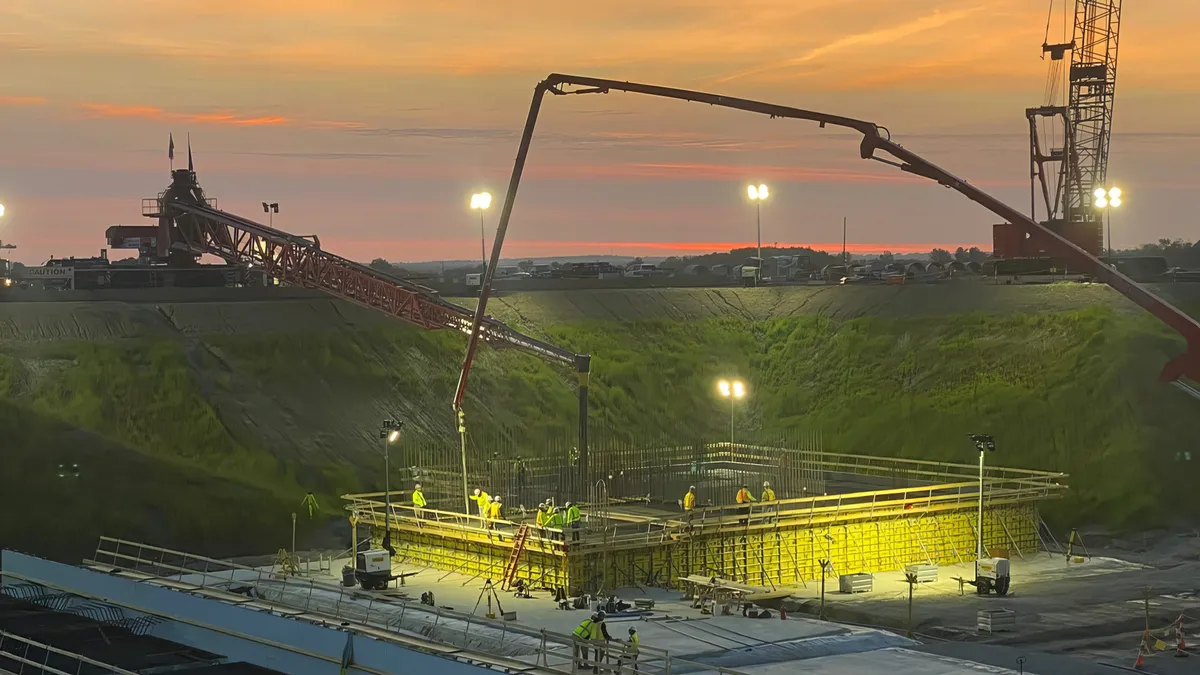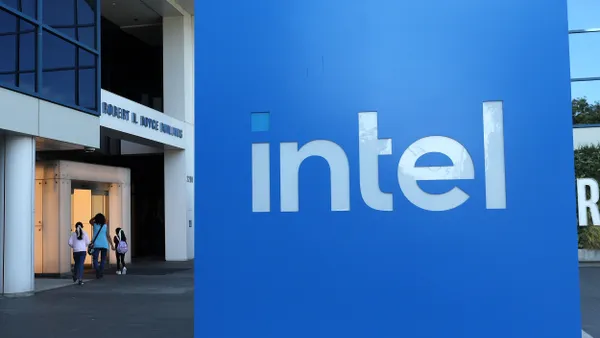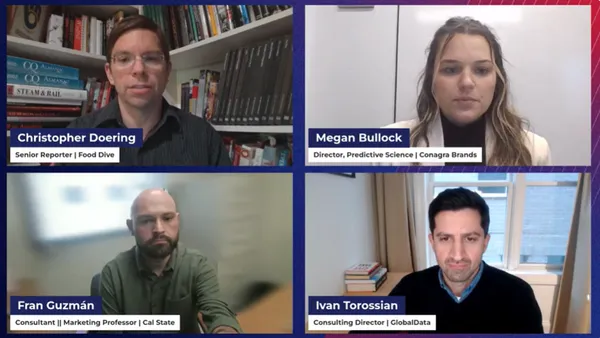Intel is delaying plans for its $20 billion semiconductor project in New Albany, Ohio, a company spokesperson confirmed to Manufacturing Dive on Friday.
The New Albany site, which includes two chip factories, is now expected to be complete by late 2026, according to The Wall Street Journal.
The company spokesperson did not specify why the project would not meet its “aggressive” 2025 production goals, but noted Intel has not “made any recent changes to our pace of construction or anticipated timelines.”
“Managing large-scale projects especially in our industry often involves adapting to changing timelines,” an Intel spokesperson told The Wall Street Journal. “Our decisions are based on business conditions, market dynamics and being responsible stewards of capital.”
While Intel’s Q4 revenue was up 10% to $15.4 billion, the company posted a weaker-than-expected earnings outlook for Q1 2024 amid softening demand. Full-year revenue for fiscal year 2023 was also down 14% to $54.2 billion.
CFO David Zinsner highlighted Intel’s commitment to save more capital this year after cutting $3 billion in costs in 2023.
“We expect to unlock further efficiencies in 2024 and beyond as we implement our new internal foundry model, which is designed to drive greater transparency and accountability and higher returns on our owners’ capital,” Zinsner said in a statement.
Intel broke ground on the Ohio site in late 2022. The project was launched to much fanfare from the Biden administration, which touted it as an example of the U.S.’s burgeoning domestic chip industry.
“We remain fully committed to the project and are continuing to make progress on the construction of the factory and supporting facilities this year,” the spokesperson said. “As we said in our January 2022 site-selection announcement, the scope and pace of Intel’s expansion in Ohio may depend on various conditions.”
To date, Intel has between 800 and 900 construction workers at the site and expects to have several thousand by year’s end, the spokesperson said. Construction timelines for semiconductor manufacturing facilities are “3-5 years from groundbreaking, depending on a range of factors,” the spokesperson added.
Intel is not the only semiconductor manufacturing giant delaying its chip factory projects.
Last month, Taiwan Semiconductor Manufacturing Company pushed back the timeline for its second planned Arizona chip factory, which is now expected to begin production in 2027 or 2028. TSMC already pushed back the timeline for its first Arizona plant to begin production in 2025, rather than 2024 as originally announced.












